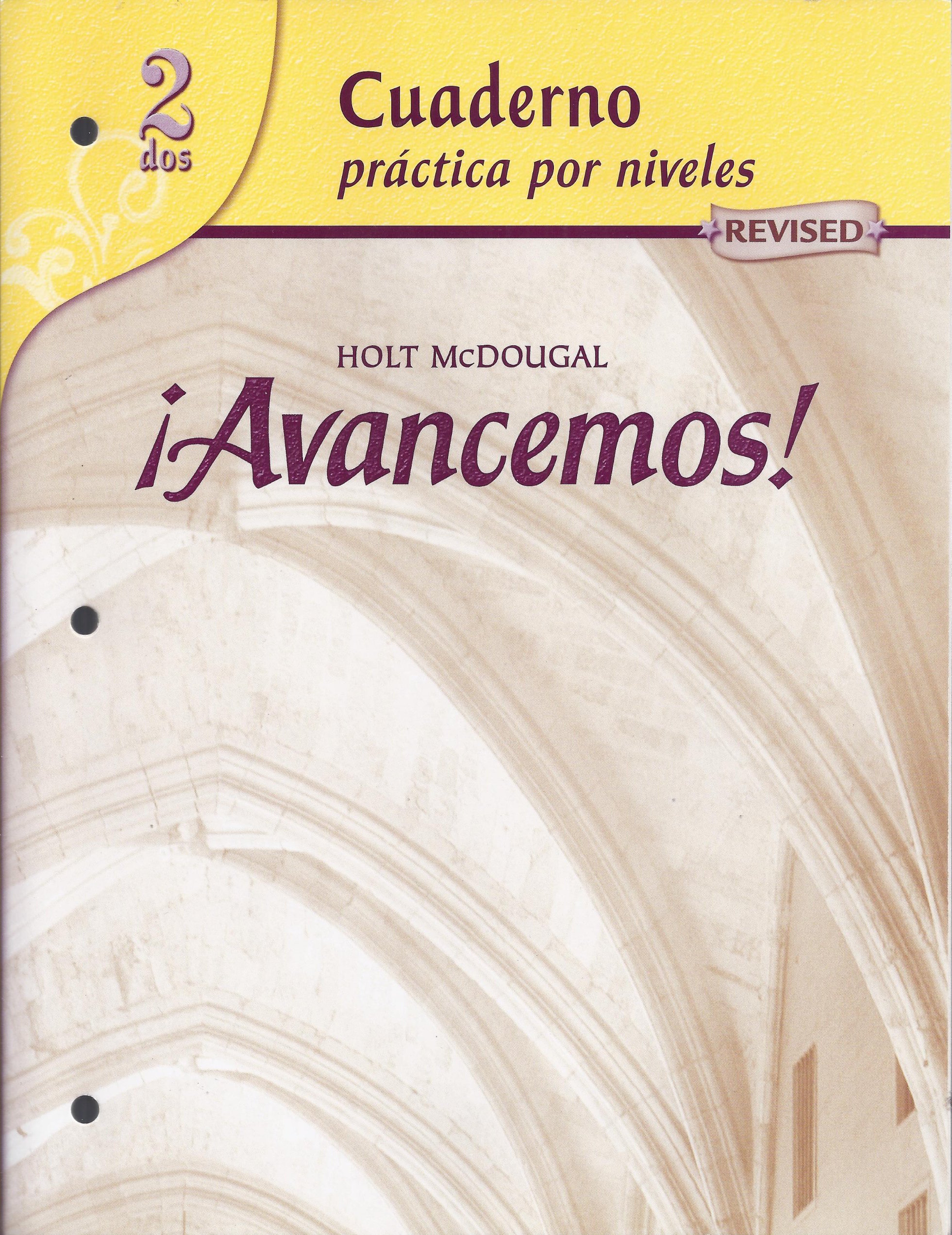Page 1: Vocabulario A2
Page 1: Vocabulario A3
Page 1: Vocabulario A1
Page 2: Vocabulario B2
Page 2: Vocabulario B1
Page 2: Vocabulario B3
Page 3: Vocabulario C2
Page 3: Vocabulario C3
Page 3: Vocabulario C1
Page 4: Gramatica A3
Page 4: Gramatica A1
Page 4: Gramatica A2
Page 5: Gramatica B1
Page 5: Gramatica B2
Page 5: Gramatica B3
Page 6: Gramatica C3
Page 6: Gramatica C1
Page 6: Gramatica C2
Page 7: Gramatica A3
Page 7: Gramatica A2
Page 7: Gramatica A1
Page 8: Gramatica B2
Page 8: Gramatica B3
Page 8: Gramatica B1
Page 9: Gramatica C1
Page 9: Gramatica C3
Page 9: Gramatica C2
Page 10: Integracion: Hablar
Page 11: Integracion: Escribir
Page 12: Escuchar A2
Page 12: Escuchar A1
Page 13: Escuchar B2
Page 13: Escuchar B1
Page 14: Escuchar C2
Page 14: Escuchar C1
Page 15: Leer A – Comprendiste
Page 15: Leer A – Que Piensas
Page 16: Leer B – Que Piensas
Page 16: Leer B – Comprendiste
Page 17: Leer C – Comprendiste
Page 17: Leer C – Que Piensas
Page 18: Escribir A1- Antes
Page 18: Escribir A1- Despues
Page 18: Escribir A2
Page 19: Escribir B1- Despues
Page 19: Escribir B1- Antes
Page 19: Escribir B2
Page 20: Escribir C2
Page 20: Escribir C1
Page 21: Cultura A2
Page 21: Cultura A3
Page 21: Cultura A1
Page 22: Cultura B1
Page 22: Cultura B3
Page 22: Cultura B2
Page 23: Cultura C1
Page 23: Cultura C2
Page 23: Cultura C3
Page 24: Vocabulario A1
Page 24: Vocabulario A2
Page 24: Vocabulario A3
Page 25: Vocabulario B1
Page 25: Vocabulario B2
Page 25: Vocabulario B3
Page 26: Vocabulario C2
Page 26: Vocabulario C1
Page 26: Vocabulario C3
Page 27: Gramatica A3
Page 27: Gramatica A2
Page 27: Gramatica A1
Page 28: Gramatica B3
Page 28: Gramatica B2
Page 28: Gramatica B1
Page 29: Gramatica C3
Page 29: Gramatica C2
Page 29: Gramatica C1
Page 30: Gramatica A2
Page 30: Gramatica A1
Page 30: Gramatica A3
Page 31: Gramatica B3
Page 31: Gramatica B1
Page 31: Gramatica B2
Page 32: Gramatica C3
Page 32: Gramatica C2
Page 32: Gramatica C1
Page 33: Integracion: Hablar
Page 34: Integracion: Escribir
Page 35: Escuchar A1
Page 35: Escuchar A2
Page 36: Escuchar B2
Page 36: Escuchar B1
Page 37: Escuchar C1
Page 37: Escuchar C2
Page 38: Leer A – Que Piensas
Page 38: Leer A – Comprendiste
Page 39: Leer B – Comprendiste
Page 39: Leer B – Que Piensas
Page 40: Leer C – Que Piensas
Page 40: Leer C – Comprendiste
Page 41: Escribir A1
Page 41: Escribir A2
Page 41: Escribir A3
Page 42: Escribir B2
Page 42: Escribir B1
Page 43: Escribir C1
Page 43: Escribir C2
Page 44: Cultura A2
Page 44: Cultura A1
Page 44: Cultura A3
Page 45: Cultura B2
Page 45: Cultura B3
Page 45: Cultura B1
Page 46: Cultura C2
Page 46: Cultura C3
Page 46: Cultura C1
Page 47: Comparacion cultural
Page 49: Comparacion cultural


